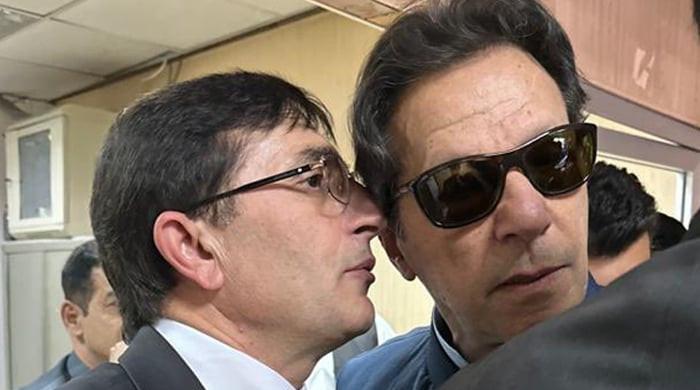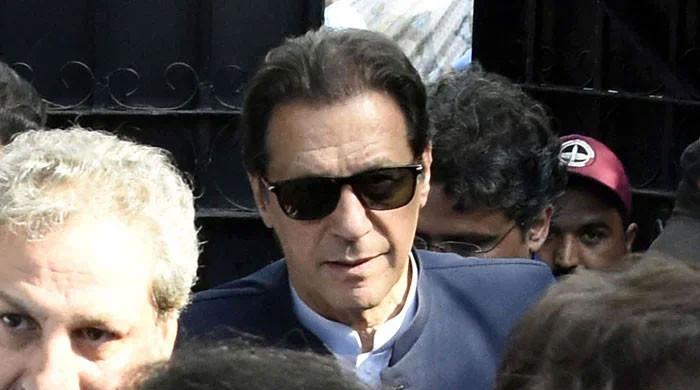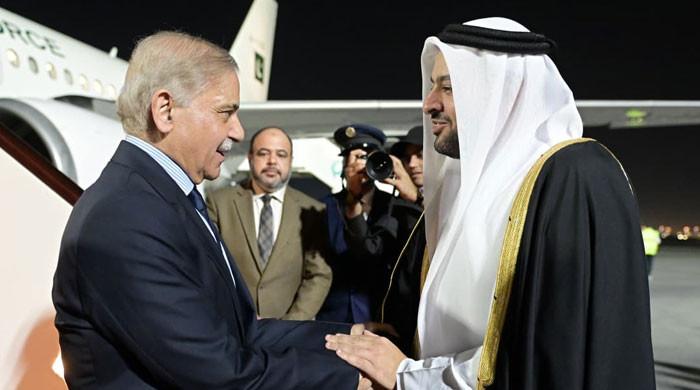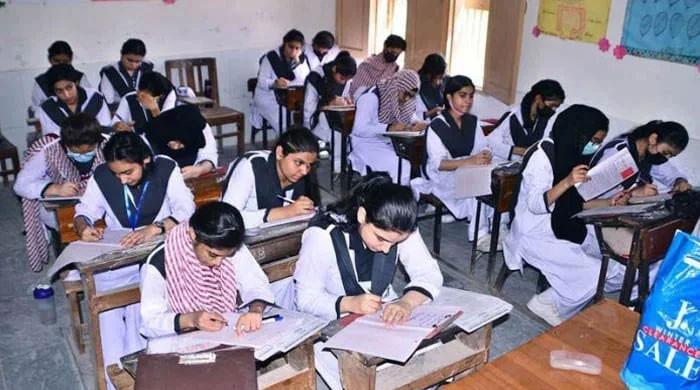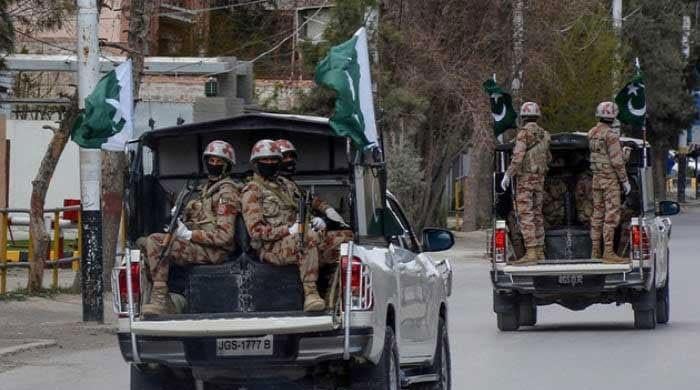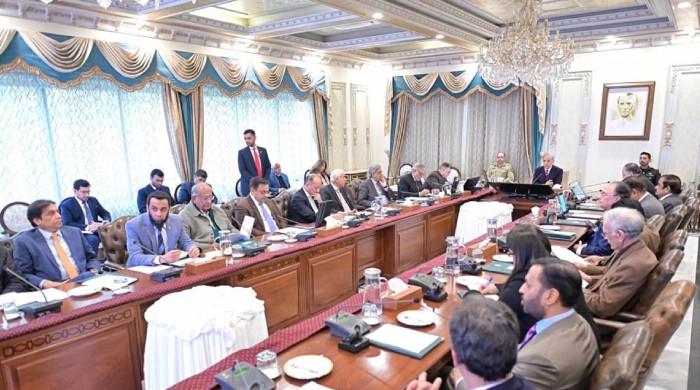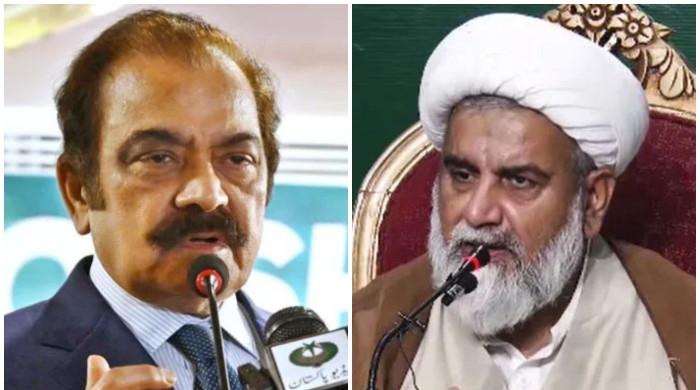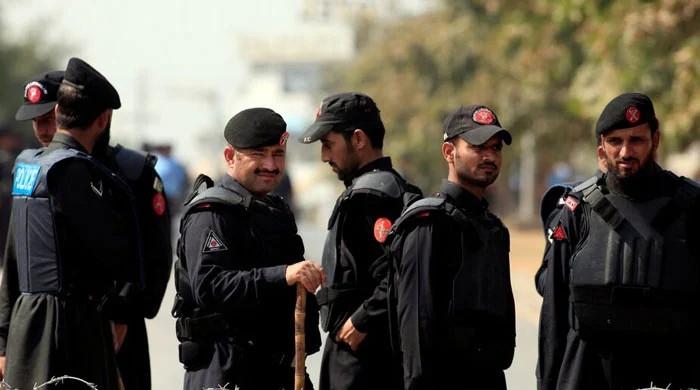Election 2013: Nawaz Sharif's third term and democratic transfer of power
This video report, covering 2013 elections, is part of a series about history of Pakistan elections since 1970
February 07, 2024
The Pakistan Peoples Party (PPP) government, formed after the 2008 polls and the death of Benazir Bhutto on December 27, 2007, became Pakistan's first elected government to complete its five-year tenure.
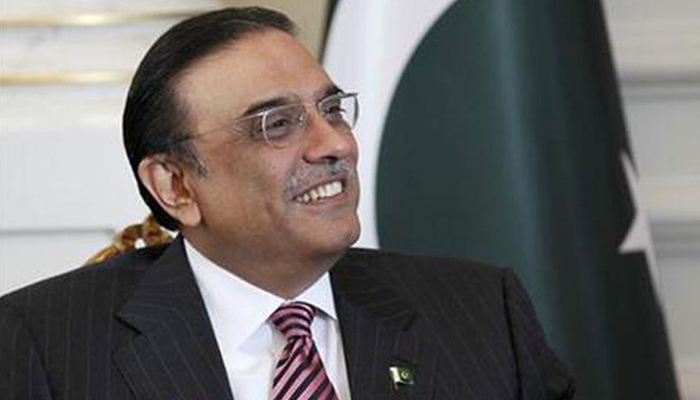
However, then-prime minister Yousuf Raza Gilani faced disqualification from ex-chief justice Iftikhar Chaudhry's Supreme Court on June 19, 2012.
Raja Pervaiz Ashraf was named the Premier for the remaining PPP tenure.
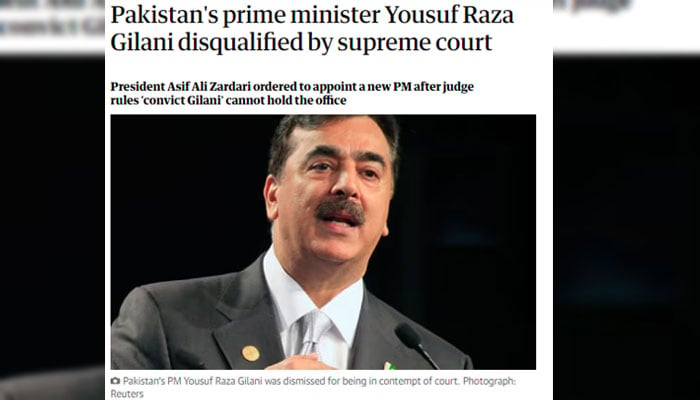
Pakistan's subsequent general elections were slated for May 11, 2013, marking the country's first democratic as well as peaceful transition of power. The main contenders in these polls were Pakistan Muslim League-Nawaz (PML-N), Pakistan Tehreek-e-Insaf (PTI) and PPP.
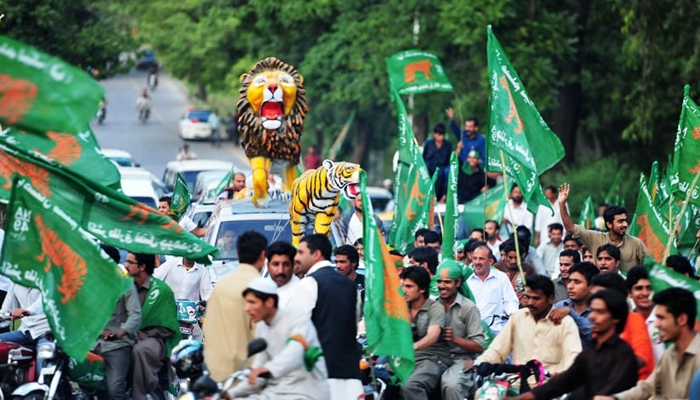
Following a significant power display in Lahore on October 30, 2010, the Imran Khan-led PTI gained momentum with slogans of a new Pakistan, change, and the 'third force.'
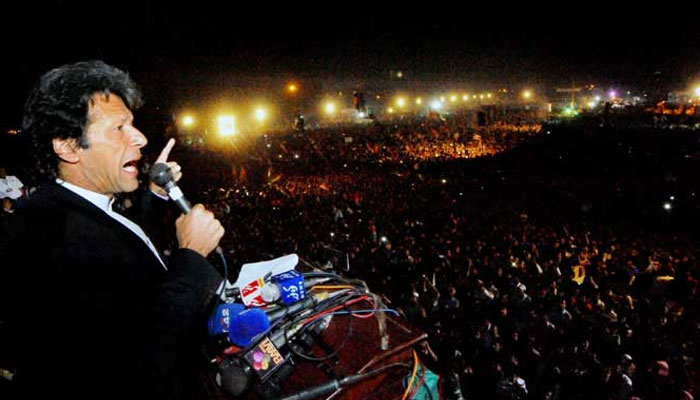
Notable political figures like Shah Mahmood Qureshi and Javed Hashmi joined PTI after this event. The PTI emerged as the party of the urban middle-class and claimed to win the 2013 general polls.
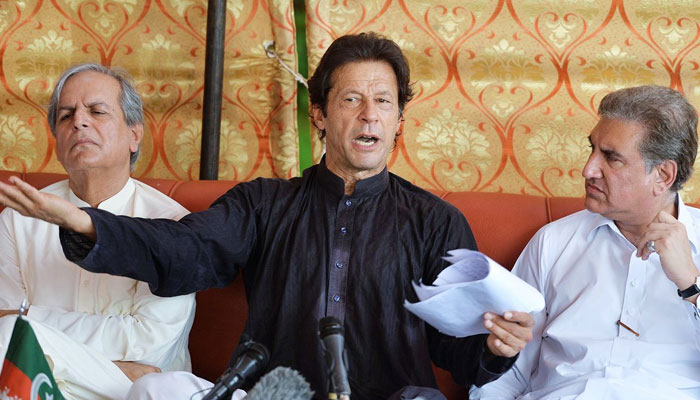
During the elections, PML-N secured victory with 126 seats. PPP claimed the second spot with 34 seats, while PTI managed to secure 28.
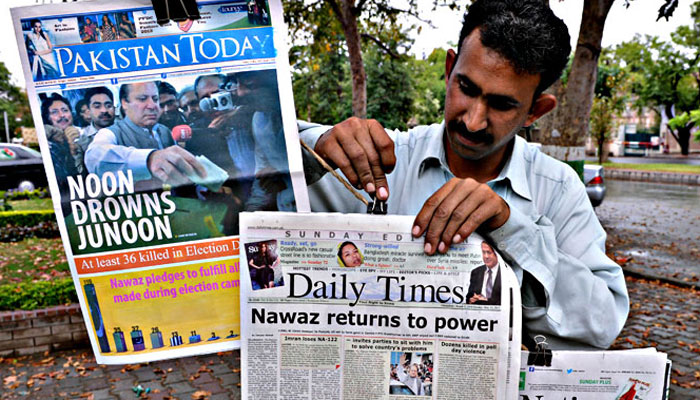
In line with the central results, PML-N celebrated a landslide victory in Punjab. In Sindh, PPP won for the second consecutive time, PTI triumphed in Khyber Pakhtunkhwa, and, in Balochistan, Pakhtunwkha Mili Awami Party (PKMAP) and the PML-N got 10 seats each.
The overall turnout in these elections jumped to 53.62% with 83,756,567 registered voters. Punjab again was top of the list with 57%, followed by Sindh with 53%, Khyber Pakhtunkhwa 42%, and Balochistan lowest with 36%.
Following the polls, Nawaz Sharif became prime minister for the third time, marking Pakistan's first peaceful and democratic transfer of power.
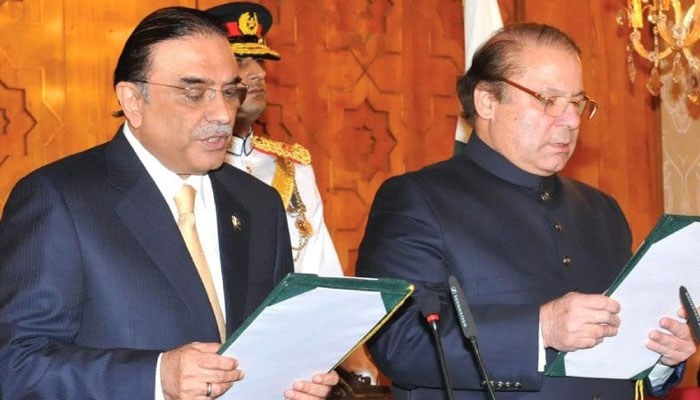
However, just like his 1990 and 1997 tenures, Nawaz's time in charge was cut short as he faced disqualification from the Supreme Court in the Panama Papers case in 2017.
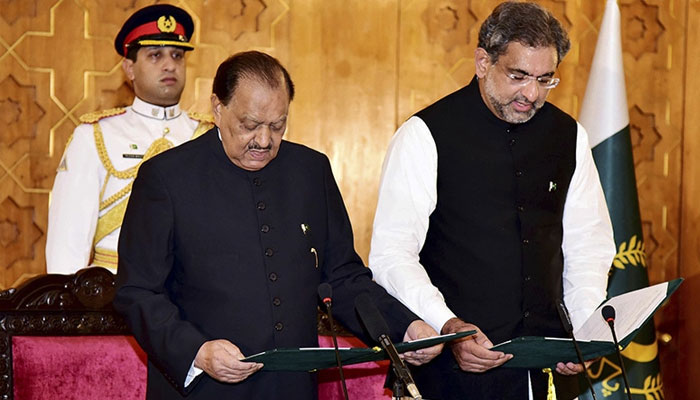
Subsequently, PML-N appointed Shahid Khaqan Abbasi as PM for the remainder of the party’s term.
The writer is a staffer at Geo.tv, he tweets X@ranashaharyar01




